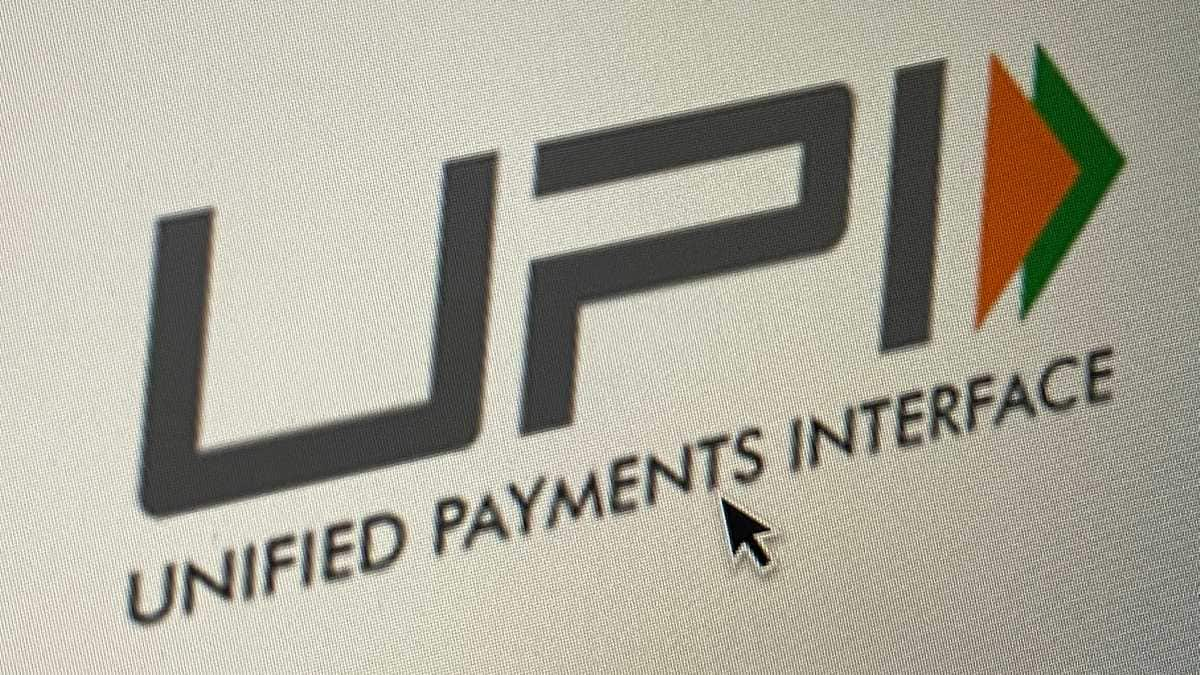The Reserve Bank on Wednesday sought views of the public on fees and charges in payment systems, with an aim to make such transactions economical as well as financially beneficial to the entities involved. Payment systems include Immediate Payment Service (IMPS), National Electronic Funds Transfer (NEFT) system, Real Time Gross Settlement (RTGS) system and Unified Payments Interface (UPI). Debit cards, credit cards and prepaid payment instruments (PPIs) are among other payment instruments.
Releasing a discussion paper on ‘Fees in Payment Systems’, the central bank said that the focus of RBI’s initiatives in payment systems has been to reduce friction arising out of systemic, procedural or revenue related issues.
The Reserve Bank of India (RBI) has sought public opinion on 40 specific questions regarding fees and levies in payment systems till October 3.
While there are many intermediaries in the payment transaction chain, consumer complaints are generally about high and non-transparent fees.
RBI stressed that charges for payment services should be set fairly and competitively for users, and provide optimum revenue flow for intermediaries.
“To ensure this balance, it was found useful to undertake a comprehensive review of the various charges levied across payment systems by highlighting the various dimensions and seeking feedback from stakeholders.”
Fees in payment systems are charges levied on users (promoters or beneficiaries) by payment service providers (PSPs) for facilitating a digital transaction. The fee is collected from the promoters or beneficiaries depending on the type of payment system.
In money transfer payment systems, fees are usually collected from the originator of the payment instruction. These are usually charged as an add-on to the amount set aside for remittances.
In the case of a merchant payment system, fees are usually charged to the end recipient (the merchant) of the money. This is done by deducting it from the amount receivable by the merchant or by giving a discount on the amount receivable by the merchant.
Entities involved in providing digital payment services incur costs, which are usually charged to the merchant or customer or borne by one or more participants.
RBI had earlier said that there are both advantages and disadvantages to customers bearing these charges, but they should be reasonable and should not hinder the adoption of digital payments.













